This website uses cookies to ensure you get the best experience on our website. Terms of Use.
Accept CookiesFor better user experience, please use another browser.
Iwokrama Protected Rainforest Area
Increased resilience to major shocks and recovery of the protected and conserved areas including sustainable/innovative funding planning.
The project intends to interview stakeholders from the Iwokrama Protected Forest Area which include indigenous community and staff of an Eco-Lodge in the protected area to identify how the COVID-19 pandemic have impacted their operation and livelihoods within the protected area. The information gathered will then be used to prepare an Eco-tourism recovery manual from the COVID-19 pandemic, scientific manuscripts to be submitted for peer review to international journals and several reports to be shared with the stakeholders of Iwokrama and the wider tourism sector of Guyana. The project will also enhance the promotion of Iwokrama through digital media advertisements and online platforms. The entire project will culminate with a tourism stakeholder’s conference where all the project findings will be shared to the larger tourism sector of Guyana.
The Iwokrama Protected Area is a unique case study site that demonstrates the benefits of an effective eco-tourism model that enhances conservation efforts. The challenges presented by the COVID-19 pandemic are unique to the eco-tourism industry in general as the level of travel restrictions imposed globally was unprecedented. The eco-tourism operations in Iwokrama was not prepared for the measures taken to alleviate COVID-19 which has impacted the operations of its conservation efforts and the livelihoods of numerous indigenous communities. The change the project will therefore bring to the protected area is in better preparing the eco-tourism operation of Iwokrama for future pandemic circumstances similar to COVID-19 by understanding how the COVID-19 pandemic affected current operations.
Download the project infofiche.
Faculty of Earth and Environmental Sciences, University of Guyana
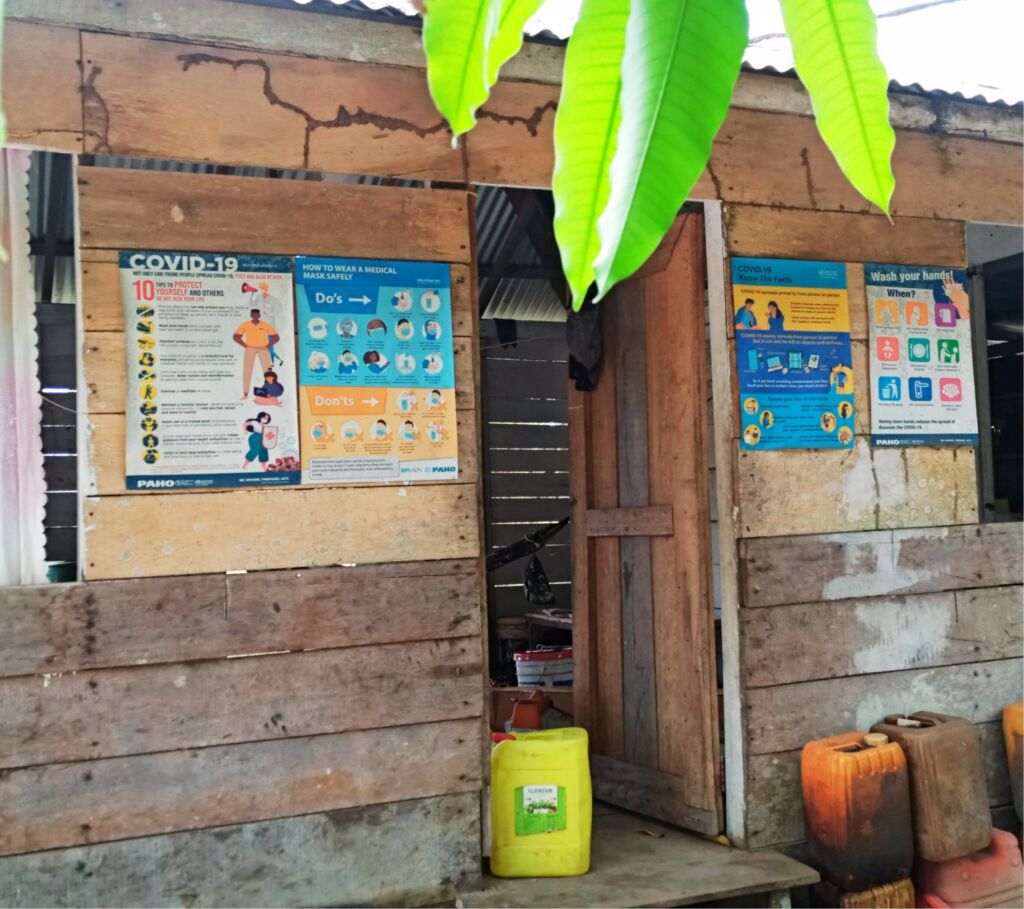
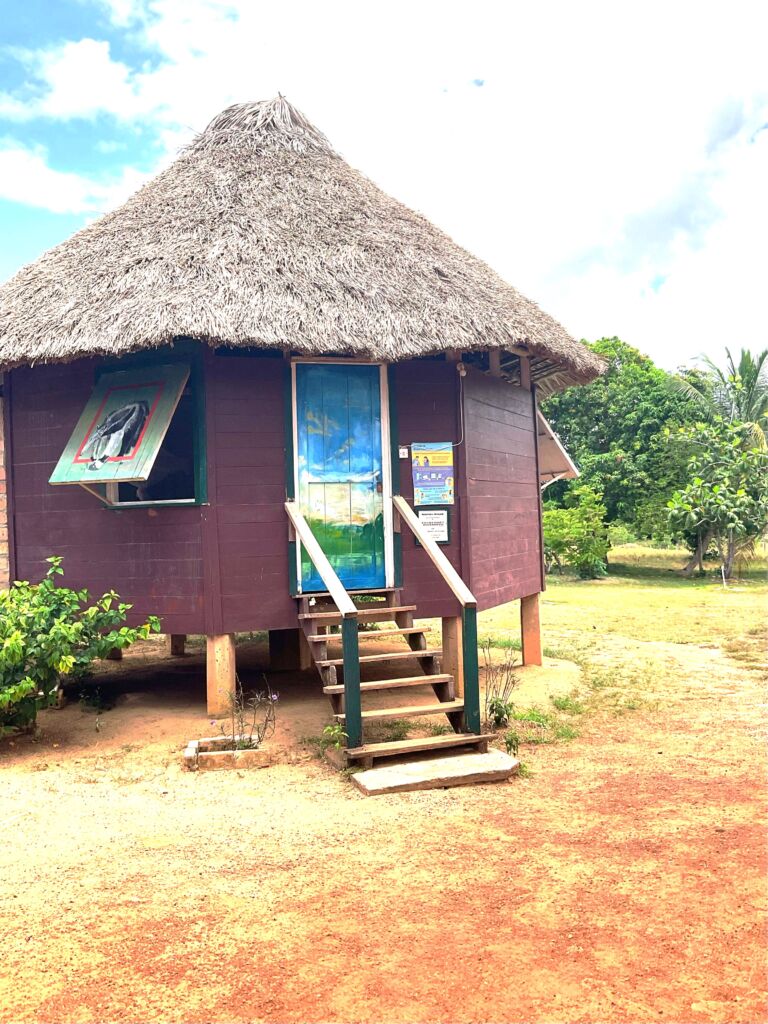
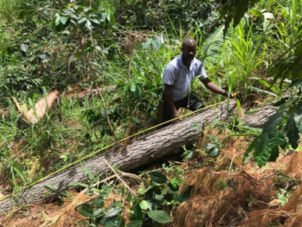 Jan. 15, 2024 – Dec. 15, 2024
Jan. 15, 2024 – Dec. 15, 2024
Caribbean
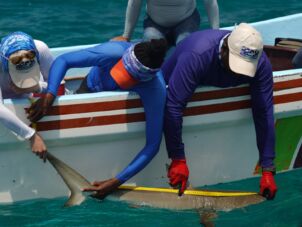 Jan. 14, 2024 – Dec. 12, 2024
Jan. 14, 2024 – Dec. 12, 2024
Caribbean
 Jan. 11, 2023 – Oct. 31, 2024
Jan. 11, 2023 – Oct. 31, 2024
Caribbean
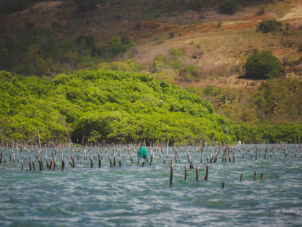 Jan. 2, 2023 – Jan. 31, 2024
Jan. 2, 2023 – Jan. 31, 2024
Caribbean
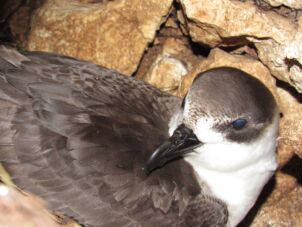 Nov. 30, 2021 – Jan. 30, 2023
Nov. 30, 2021 – Jan. 30, 2023
Caribbean
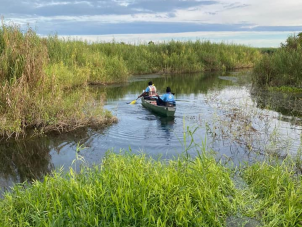 15/2/2021 -14/2/2022
15/2/2021 -14/2/2022
Caribbean
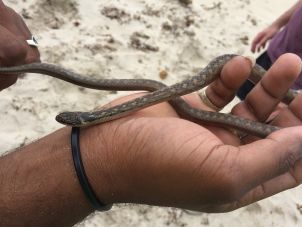 01.05.2021 – 30.04.2022
01.05.2021 – 30.04.2022
Caribbean
 01.07.2020 – 30.06.2023
01.07.2020 – 30.06.2023
Caribbean
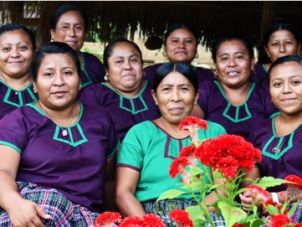 01.10.2020 – 31.07.2021
01.10.2020 – 31.07.2021
Caribbean
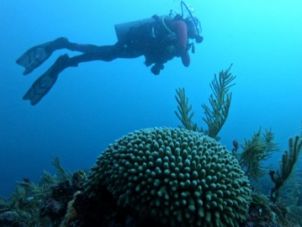 01.07.2020 – 30.06.2023
01.07.2020 – 30.06.2023
Caribbean
 30.04.2020 – 29.04.2021
30.04.2020 – 29.04.2021
Caribbean
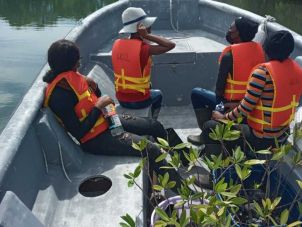 January 1, 2022 to May 31, 2022
January 1, 2022 to May 31, 2022
Caribbean
 March 15, 2022 to August 14, 2022
March 15, 2022 to August 14, 2022
Caribbean
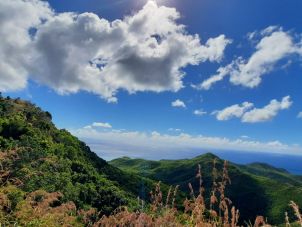 January 1, 2022 – May 31, 2022
January 1, 2022 – May 31, 2022
Caribbean
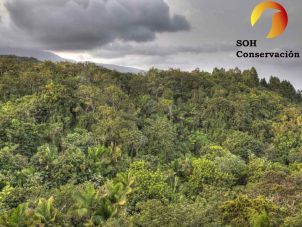 May 1st 2022 - September 30th 2022
May 1st 2022 - September 30th 2022
Caribbean
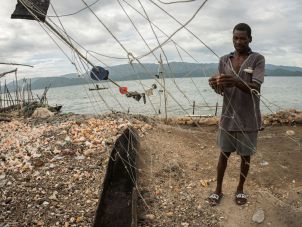 June 30, 2021 – June 29, 2022
June 30, 2021 – June 29, 2022
Caribbean
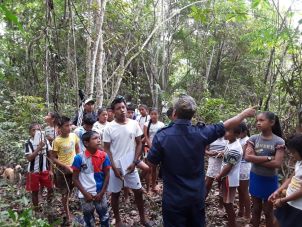 December 1, 2021 – November 30, 2022
December 1, 2021 – November 30, 2022
Caribbean
 30 November 2021 - 29 April 2022
30 November 2021 - 29 April 2022
Caribbean
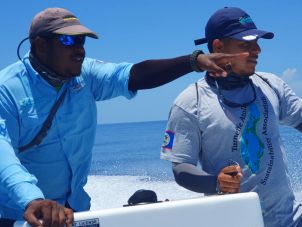 1 July 2021 - 31 December 2021
1 July 2021 - 31 December 2021
Caribbean
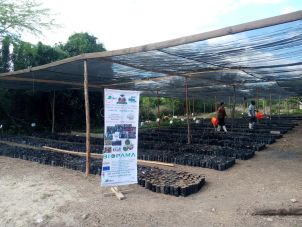 5 April 2021 - 4 April 2022
5 April 2021 - 4 April 2022
Caribbean
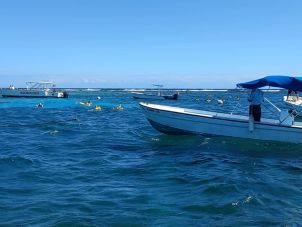 22 October 2021 - 21 April 2022
22 October 2021 - 21 April 2022
Caribbean
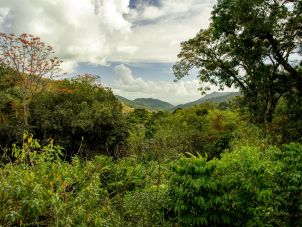 15 October 2021 - 14 October 2022
15 October 2021 - 14 October 2022
Caribbean
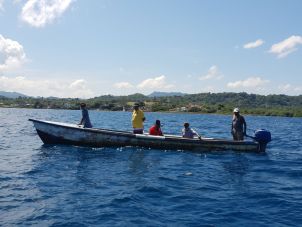 March 1, 2021 - February 28, 2022
March 1, 2021 - February 28, 2022
Caribbean
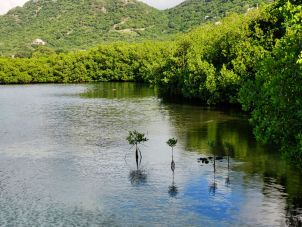 June 1, 2021 - May 31, 2022
June 1, 2021 - May 31, 2022
Caribbean
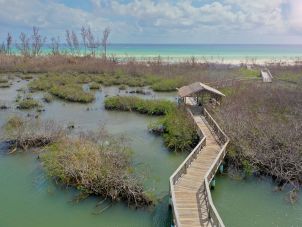 September 15, 2020 - April 14, 2021
September 15, 2020 - April 14, 2021
Caribbean
 October 14, 2020 – October 10, 2023
October 14, 2020 – October 10, 2023
Caribbean
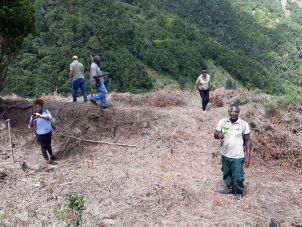 August 03, 2020 - August 02, 2023
August 03, 2020 - August 02, 2023
Caribbean
